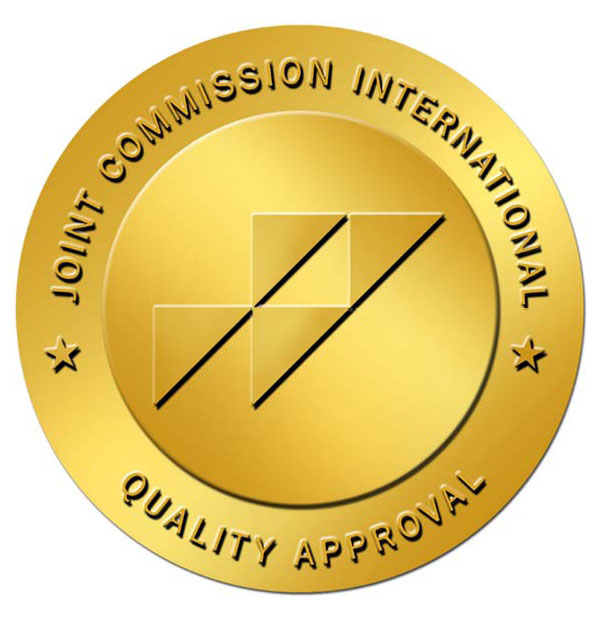Urology is an area of medicine that studies diseases of kidneys, urinary tract and male reproductive organs.
Urology
Urologist is a specialized doctor majoring in the diagnosis, prevention and treatment of the genitourinary system diseases. Urologists help with problems in the functioning of the ureters, bladder and urethra, treat sexually transmitted diseases, inflammatory pathologies of the pelvic organs, as well as sexual disorders and other problems of the male reproductive organs.
Diagnosis of urological diseases
Practice shows that the earlier a patient seeks advice and medical assistance from a specialist, the greater the chances of a complete and quickest cure. In order to make a timely diagnosis and prescribe appropriate treatment, a specialized doctor must perform a comprehensive examination and obtain a detailed objective anamnesis of a man’s health status.
Diagnosis of a urologist at the initial stage may include:
- Consultation, examination and taking of anamnesis (medical history). This allows to identify signs of inflammatory processes, condition of skin and tissues, congenital anomalies of genital organs or other pathologies. Also, during examination, the specialist performs palpation of the scrotum and prostate gland for the primary determination of changes in these organs important for men's health.
- To clarify the state of men's health, smears are taken. This will help to identify the presence of pathogenic microorganisms, inflammatory processes in the urethra, bladder or prostate.
- Blood, urine and prostate fluid tests. This will help to determine the general condition of patient's body, the presence of inflammatory processes and other changes.
- Ultrasound.
- Oncological screening (if necessary).
- Determination of a further action plan.
When to make an appointment with a urologist?
Many of the "male" diseases can occur without symptoms at the initial stages. Duration of the latent phase of the disease development can last even several years. The disease can be evident at the stage when the treatment will already be long and complicated. That is why we strongly recommend that every man undergo a "CHECK-UP" of men's health with a specialized doctor at least once a year.
In medical practice, there are a number of symptoms, in the presence of which it is recommended to immediately make an appointment and seek medical help:
- rash, peeling, redness on the surface of genital organs;
- pain, itching, burning sensation;
- difficulty, discomfort and/or pain in urination;
- pain during sexual intercourse or after it;
- enlarged lymph nodes.
Services
- Consultation
- Instillation of urethra
- Taking prostate fluid
- Observation cystoscopy
- Taking swab from urethra
- Urinary excretion with a catheter
- Replacement of suprapubic drainage
- Prostate massage
- Polypectomy
- Instillation of Bladder
- Cystoscopy with a foreign body removal
There are a number of urological problems that occur in both men and women. These include, in particular, diseases of the kidneys (pyelonephritis), ureters, bladder (cystitis, hyperactive bladder syndrome), urolithiasis and others.
However, most of a urologist's patients are men. They come to the doctor with the diseases of genital organs: inflammation of the prostate gland, urethra, sexual dysfunction, etc. In addition, urologist deals with problems of male infertility.
Our center has the most modern equipment for the diagnosis and treatment of urological diseases and offers a wide range of services:
- treatment of cystitis, urinary incontinence and other urinary disorders;
- complex therapy of erectile dysfunction (impotence), rapid ejaculation, restoration of potency and quality of sexual intercourse;
- treatment of male infertility, including the most modern medical and surgical techniques, as well as preparation for the use of assisted reproductive technologies such as artificial insemination with sperm, IVF, ICSI, PICSI;
- treatment of chronic prostatitis, vesiculitis;
- comprehensive diagnosis and correction of age-related androgen deficiency, as well as androgen deficiency caused by obesity, metabolic syndrome (based on the results of a preliminary complete laboratory examination);
- diagnosis and selection of a conservative therapy for benign prostatic hyperplasia (BPH, for which the term "prostate adenoma" was previously used);
- Ultrasound of the prostatic gland and seminal vesicles (including transrectal), bladder, kidneys; dopplerography of the penis vessels in case of erectile dysfunction;
- complete laboratory examination, treatment of sexually transmitted infections;
- performing urological surgeries (including microsurgical ones) in our own fully equipped in-patient department with the possibility of using general anesthesia: circumcision, prosthesis of a missing or removed testicle, correction of chordee; operations for varicocele, hydrocele; removal of neoplasms in the testicle, epididymis and penis; other types of surgical interventions.
Prevention of urological diseases
Specialists call attention to the following: with age, the risk of urological problems increases significantly. Therefore, both men and women, especially after the age of 40–50, are strongly recommended to visit a urologist at least once a year. A thorough examination and diagnosis will allow to identify many problems even before the onset of clinical manifestations and take the necessary measures in time.
On the other hand, it is also recommended to visit a urologist in adolescence, when the body is still in its formation stage. During this period, minor deviations from the norm can be detected, for example, varicocele, problems with the external genital organs, and undescended testicle. A timely appeal to a urologist allows to correct violations and provide professional control over the development of the adolescent's body and his health.
A special group of patients are men undergoing examination before marriage or in preparation for conception. Today, a conscious decision to visit a doctor and attention to one's health, as well as a responsible care to family planning, are noted as a new positive trend among men around the world.







 public offer
public offer











